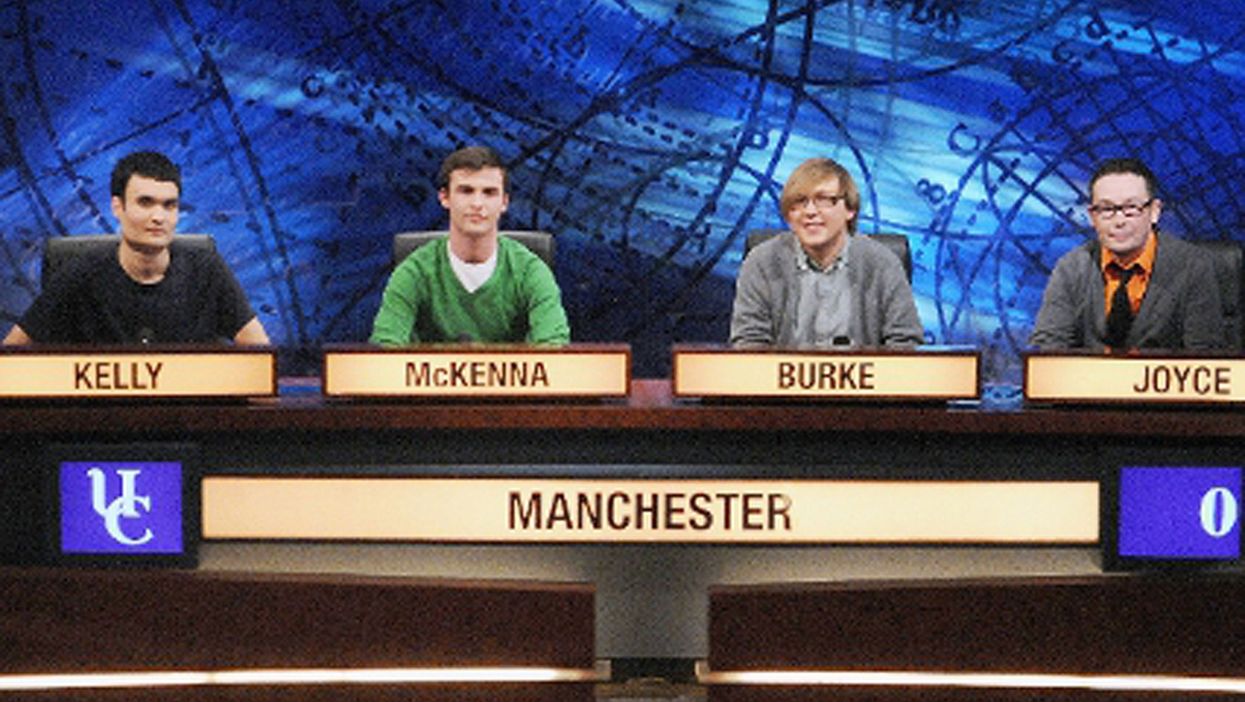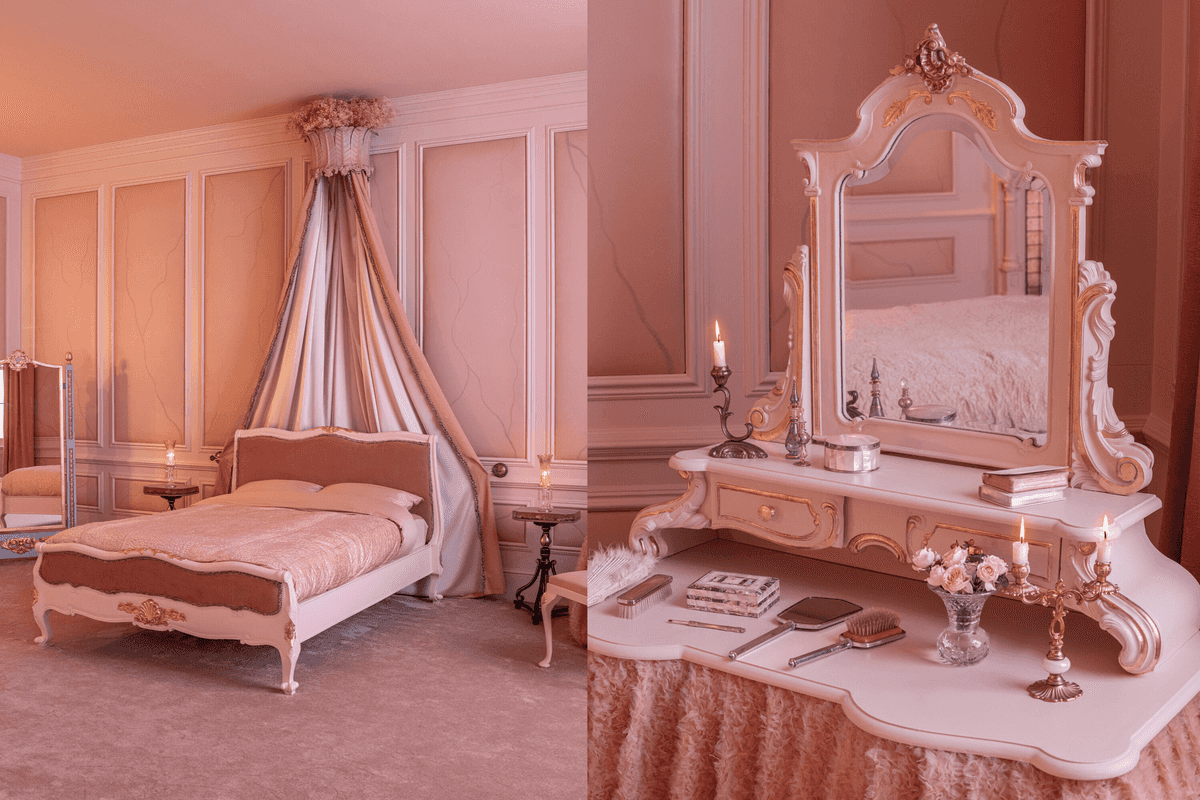News
Kate Plummer
Sep 06, 2021
Only around a quarter of contestants on the latest series of University Challenge are women, according to new analysis.
According to The Times, only 17 of the 64 competitors to have appeared in the current series on BBC2, which began in July have been women, or 27 per cent.
Although the figure is still low, this is equal to the record high of 27 per cent in the series that began in 2018.
University Challenge, which was first broadcast on ITV in 1962 and is now in its 51st series, has faced questions about its gender diversity in the past. Introducing the final in 2015, host Jeremy Paxman asked: “Why on earth are there no women left in this stage of the competition”?
Meanwhile, in most other years, the number of women in the show has been at around 20 per cent and the lowest point was in 2011, when 15 per cent were female.
St Andrews in Fife, has entered five men-only teams since 2011 while Durham, Imperial and York have entered four. Bath, Manchester, UCL, Edinburgh and Exeter have fielded three.
In contrast, only one all female team has been entered in the 2021 series, from Peterhouse, Cambridge and there were none between 2017 and 2020.
The BBC told The Times that it tried to encourage more women to take part but had no say in the contestants picked.
A spokesman said: “We will always do everything we can to encourage more women to take part as contestants. While the make-up of each team is ultimately decided by the university it represents, we encourage all teams who apply to reflect the diversity of their student population, and we will continue to look at how we can work with universities to help them with this.”
Rose McKeown, part of the winning team from St John’s College, Cambridge, which won the 2016-17 series, added that online abuse was one reason why women avoided the programme.
“The most obvious one is, unfortunately, the hostility that some female contestants are subjected to on social media,” she told The Mail on Sunday. “But also there may be an issue with women underestimating themselves.”
Hannah Rose Woods, captain of the 2015-16 winning team from Peterhouse, Cambridge, also blamed a difference in men’s and women’s confidence. “General knowledge has deeply gendered connotations: if you’ve grown up being told that something isn’t ‘for’ someone like you, it’s hard not to internalise that logic,” she said.
A University Challenge spokesperson said: “The make-up of each team is ultimately decided by the university it represents, however ensuring that the teams on University Challenge are much more representative of student populations around the UK is a priority for us, and we greatly strengthened our call for action on diversity ahead of this series with dedicated casting resource. As a result, viewers will see an increase in diverse teams across the current series.”
Top 100
The Conversation (0)














